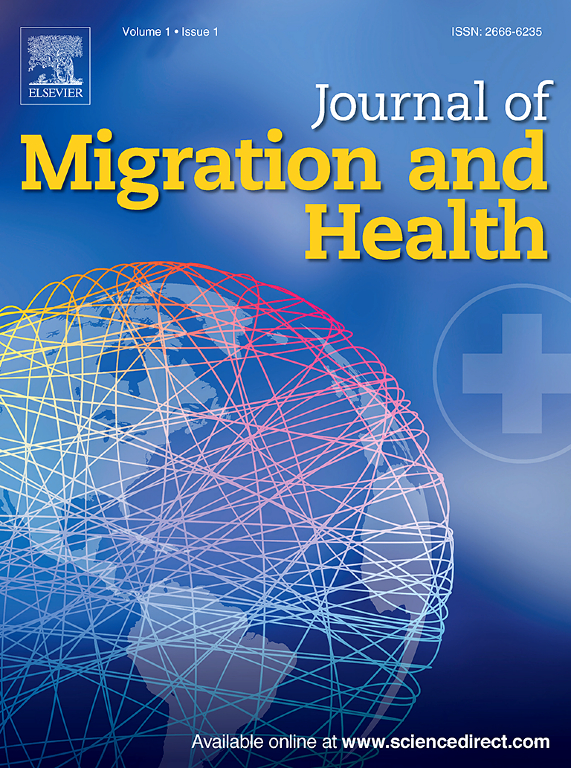What links can be made from narratives of migration and self-perceived health? A Qualitative Study with Haitian Migrants settling in Quebec after the 2010 Haiti Earthquake
In January 2010, Haiti was hit by a terrible earthquake that pushed thousands of people to migrate. Many of them chose to settle in Quebec, Canada. Years after the earthquake, many Haitians continue to migrate to the Quebec province. Several studies however have shown that this population’s socioeconomic status is lower than the provincial average. Given the potential multiple stressors that affect Haitian migrants in Quebec, there are concerns about their health status.
Located at the intersection of international migration studies and global health, this paper offers an in-depth qualitative investigation of Haitian migrants’ representations of both their situation and self-perceived health in Montreal, Quebec. Our perspective on migrant health was inspired by the World Health Organisation’s framework on the social determinants of health and recent studies in the field of migrant health. We collected and analysed qualitative data from 23 key informants (i.e., 12 women and 11 men, aged 21-76 years old) from diverse socioeconomic backgrounds. The analysis of the data from these people’s narratives revealed the importance of structural determinants such as social position, and intermediate determinants such as living and working conditions. Our analysis also highlighted several interrelations between those determinants. Specifically, participants reported coping with issues related to migrant status, income, occupation, language, and racism, and challenging living and working conditions, and stress. This study underscored the importance of social support brought by relatives, friends, as well as community-based organisations and religious practices.
Our findings were coherent with available literature looking at the determinants of health of racialized and migrant minorities in other high-income regions of the world. Our conclusive remarks featured reflections on three cross-cutting issues and their practical implications for policy and practices.

